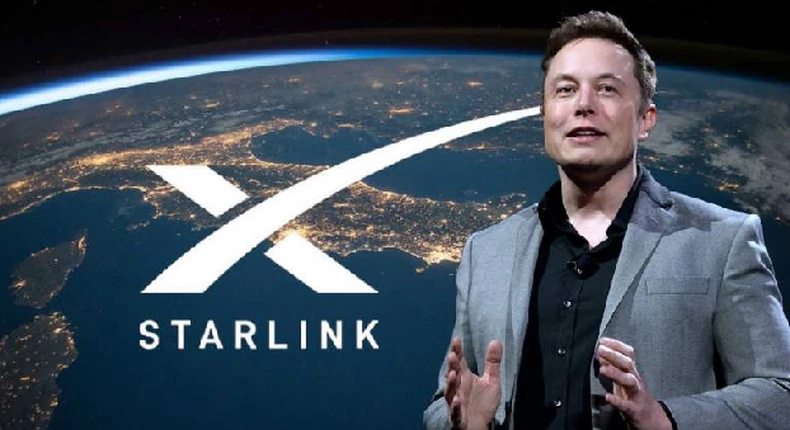In a move poised to revolutionize Liberia’s technological landscape, the government of Liberia is considering the introduction of Starlink satellite Internet service, developed by SpaceX.
This follows a recent virtual discussion between President Joseph Nyuma Boakai, Sr. and Elon Musk, the visionary CEO of SpaceX.
During their conversation, both leaders underscored the transformative potential of advanced technology, particularly in enhancing access to critical sectors such as education, healthcare, and economic development in rural areas of Liberia.
Recognizing the potential impact, President Boakai extended an invitation for Musk and his team to visit Liberia, signifying a commitment to ongoing dialogue and potential collaboration.
Concurrently, Liberia is undergoing significant reforms in its telecommunications sector.
“New regulations are being introduced to support fintech companies, aiming to foster innovation and competition in a market historically dominated by a few major players. These reforms are designed to level the playing field, enabling smaller startups to enter and thrive in the mobile and Internet services arena,” reports indicates.
The regulatory shift is expected to empower Liberian entrepreneurs, particularly those developing mobile financial solutions, by providing fair access to essential telecom resources. This marks a pivotal moment in Liberia’s tech evolution, coinciding with Musk’s interest in expanding Starlink across Africa.
Together, these developments promise a dynamic transformation in Liberia’s tech and telecom landscape, paving the way for broader connectivity and innovative services. The potential introduction of Starlink, alongside progressive regulatory changes, heralds a new era of technological advancement and economic opportunity for Liberia.
As of mid-2024, Starlink, SpaceX’s satellite internet service, has actively been expanding its presence across Africa. The service is already live in several African countries, including Nigeria, Kenya, Mozambique, Rwanda, Malawi, Zambia, Benin, and Eswatini. Starlink aims to further extend its reach to additional countries by the end of 2024. Upcoming launches are planned for Gambia, Lesotho, Senegal, Tanzania, Angola, Botswana, Madagascar, and Zimbabwe, among others.
This expansion aligns with Starlink’s goal to provide high-speed, low-latency internet access to underserved regions, particularly in rural areas where traditional broadband services are lacking.

